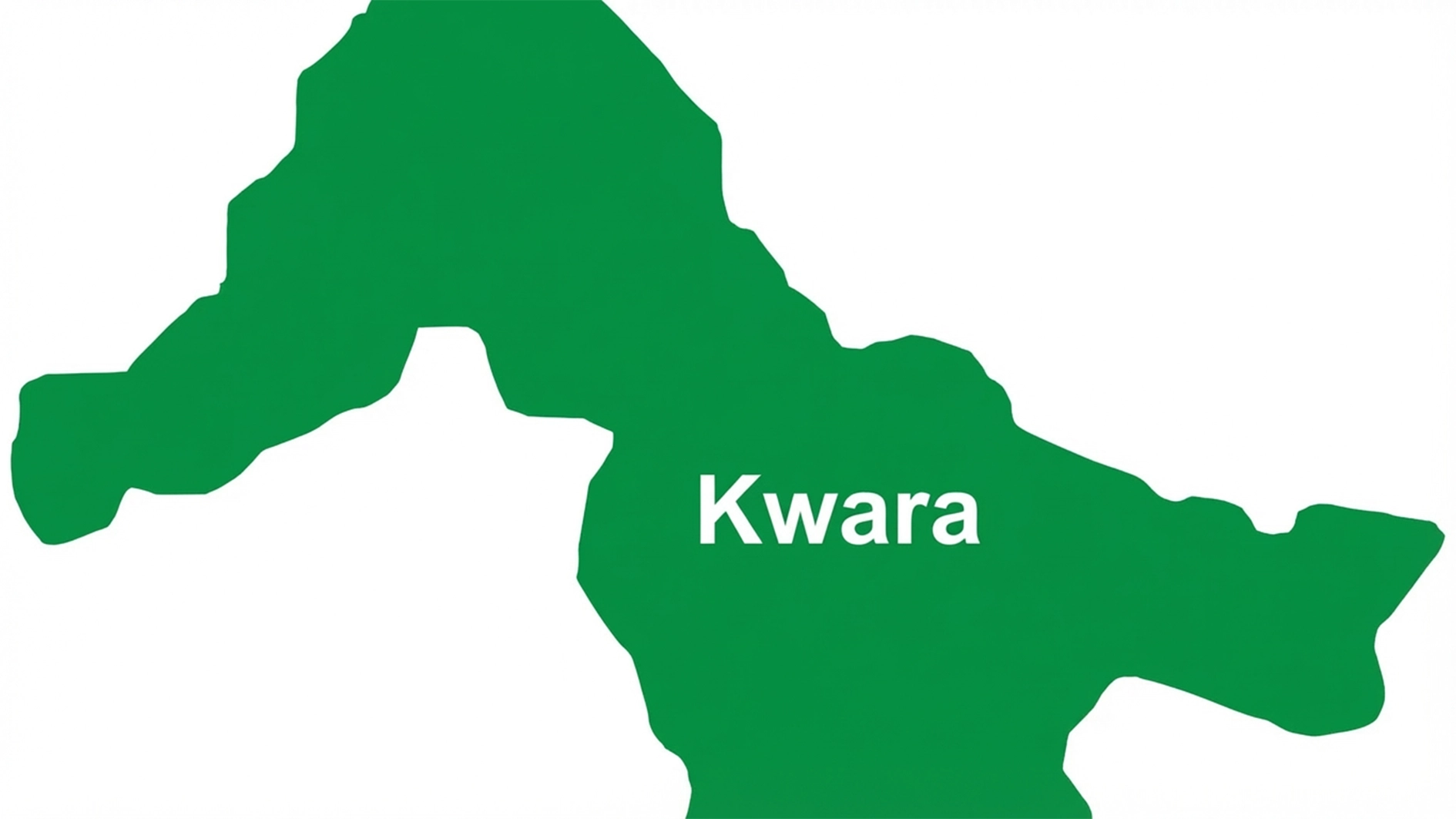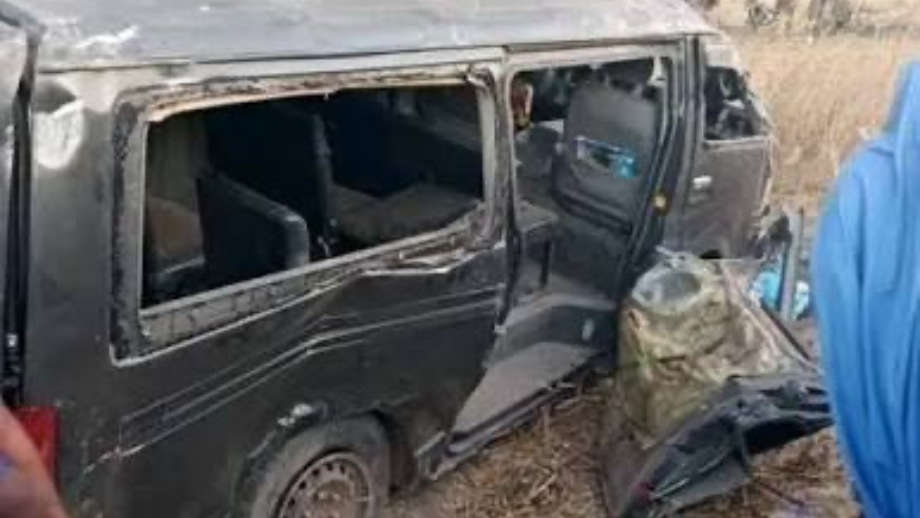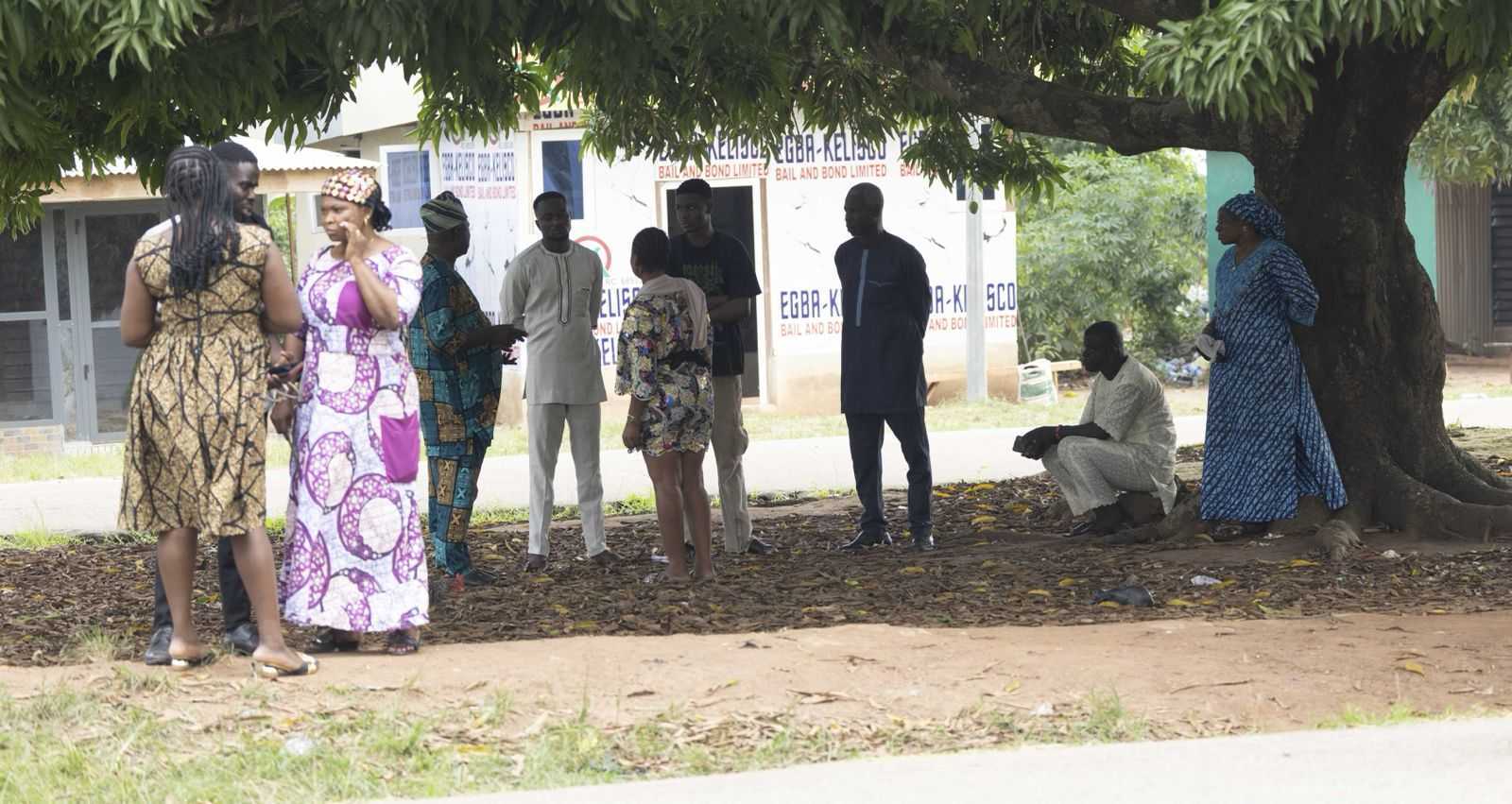Constitute ad-hoc committees to probe oil spill clean-up funds, others This followed recent comments by the company’s Group Chief Executive Officer (GCEO), Bayo Ojulari.
Ojulari, while speaking with Bloomberg at the 9th OPEC International Seminar in Vienna, Austria, revealed that NNPCL is conducting a strategic review of its refinery operations, which may include selling the facilities.
Addressing a press briefing at the National Assembly complex, the Chairman of the Committee, Ikenga Ugochinyere, said it is disturbing that after the hype that greeted the return of the Port Harcourt and Warri refineries to production status, they had to shut down again.
He noted that the investigation would help determine the causes of the refineries’ failures before any decision on their sale or privatisation is made. The lawmaker said the Committee has received several petitions on issues affecting the petroleum sector, adding that it would find a permanent solution to the issue, especially when it has to do with providing stock for modular and other local refineries. MEANWHILE, the Speaker of the House of Representatives, Tajudeen Abbas, yesterday, announced the constitution of 15 ad-hoc committees to address a wide range of pressing national issues.
The Speaker, who announced this during plenary, said the committees will investigate and oversee key issues, including illegal mining, border security, the mismanagement of oil spill clean-up funds in the Niger Delta, and flood management and response.
Others will focus on the implementation and oversight of the “Naira for Crude Oil” policy, preparedness for the single-use plastic ban, public health crises and emergencies, agricultural subsidy programmes, drug trafficking and abuse, and the mandatory national decarbonisation programme.
Also constituted were committees to examine the economic, regulatory, and security implications of cryptocurrency adoption and point-of-sale operations in Nigeria, the expenditure of all intervention funds on security and other intervention funds, as well as to investigate pre-shipment inspections of exports and the non-repatriation of crude oil proceeds. The House will further probe indiscriminate non-compliance with establishment circulars by ministries, departments, and agencies of government, alongside the reasons behind the abandonment of federal roads in and out of Calabar despite repeated budgetary allocations.
The House of Representatives Committee on Petroleum Resources (Downstream), yesterday, said it would commence an investigation into the Nigerian National Petroleum Company Limited’s (NNPC) alleged plans to sell some of the nation’s refineries.
Reps panel probes alleged plans to sell refineries

Speaker of the House of Representatives, Abbas Tajudeen
Speaker of the House of Representatives, Abbas Tajudeen





